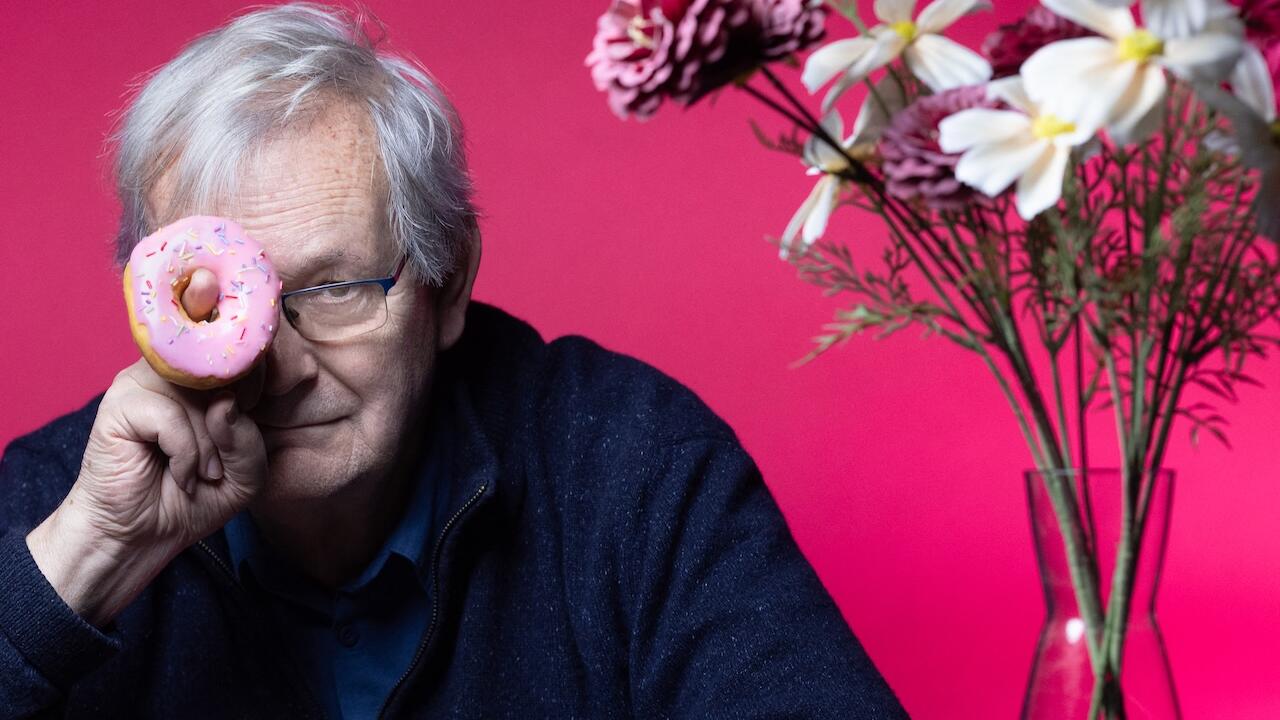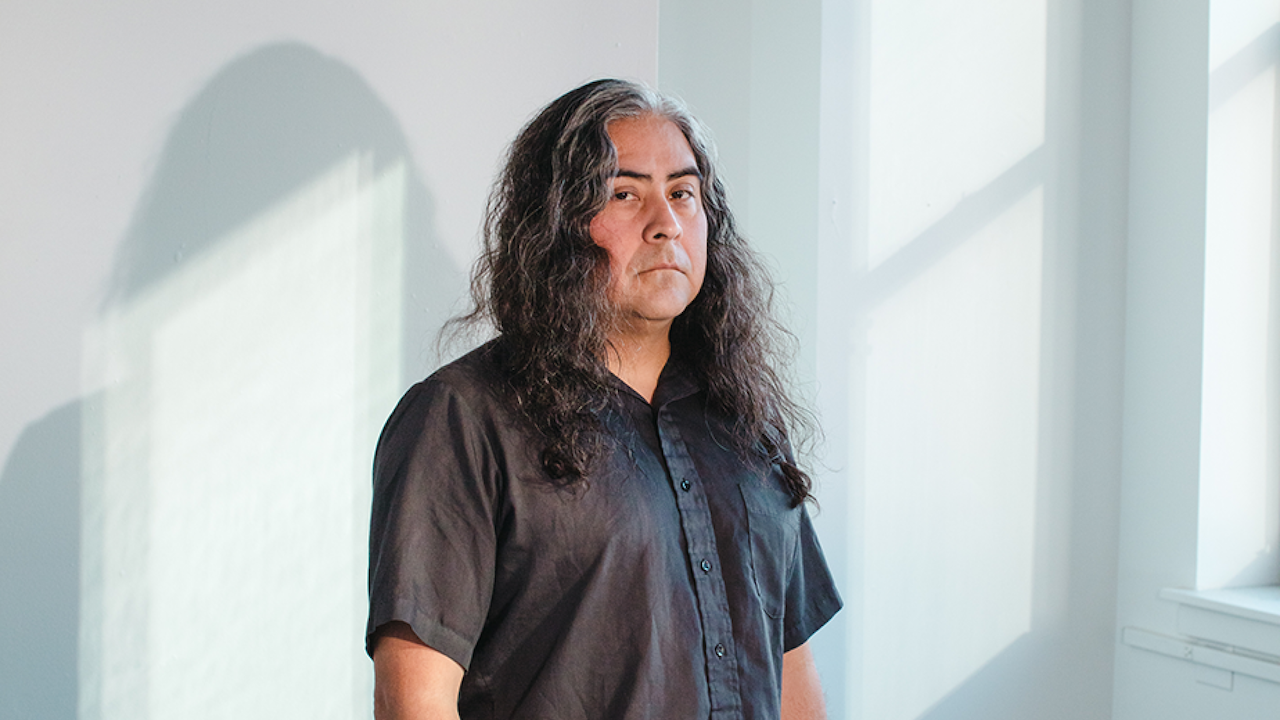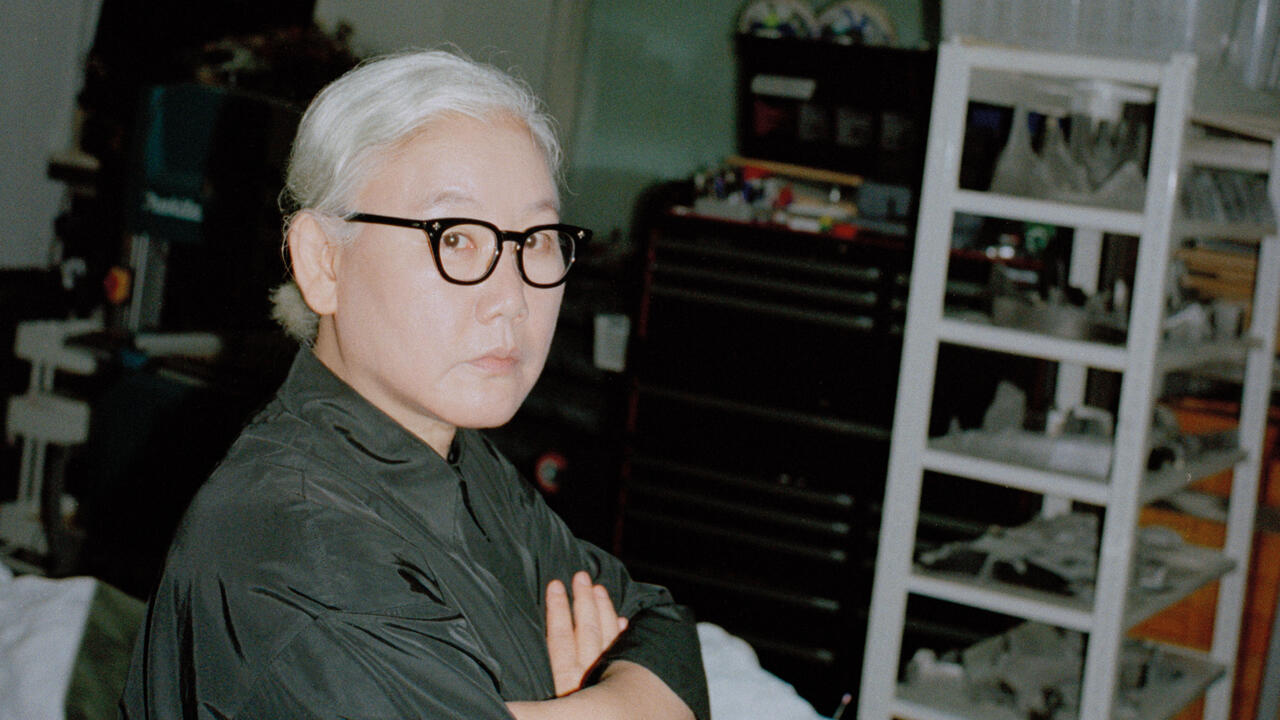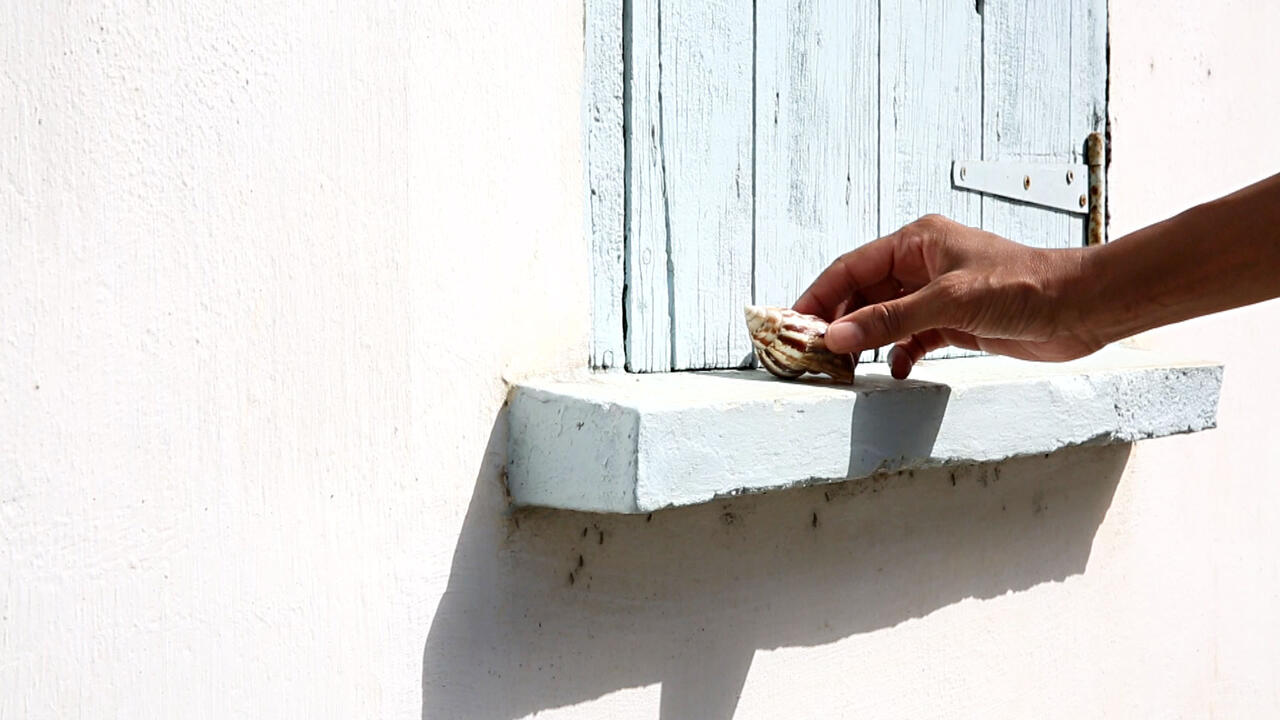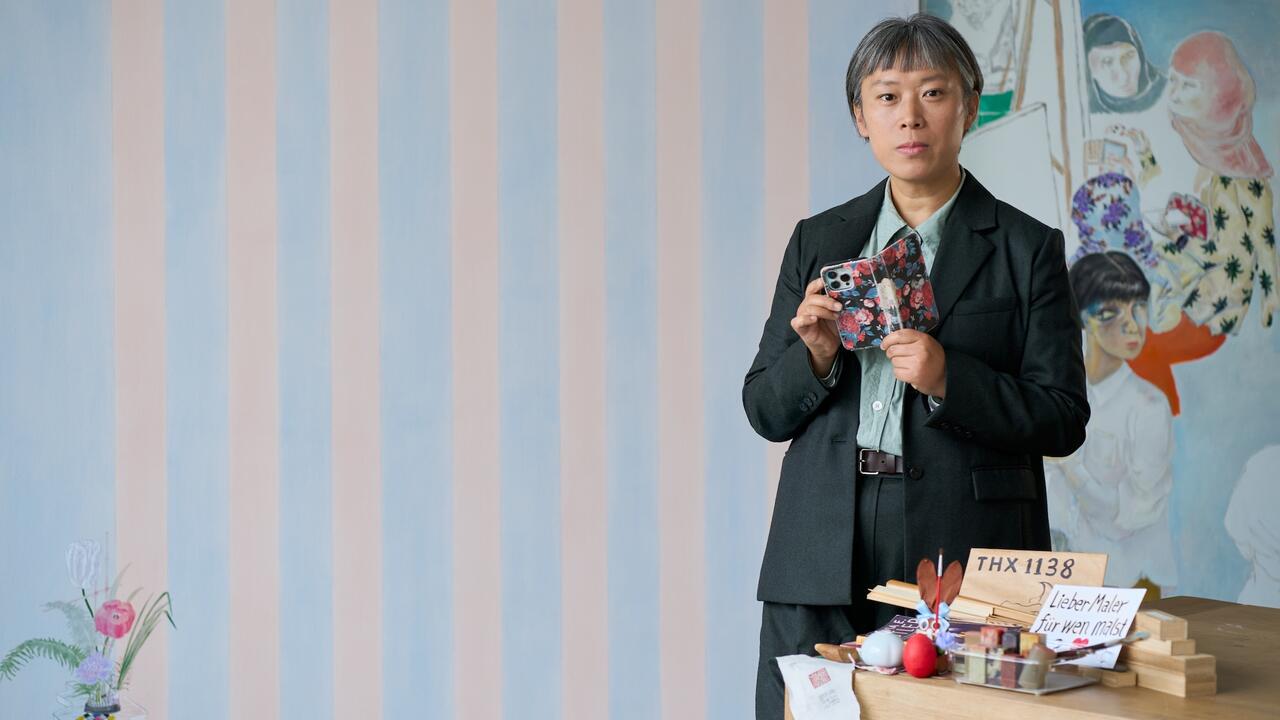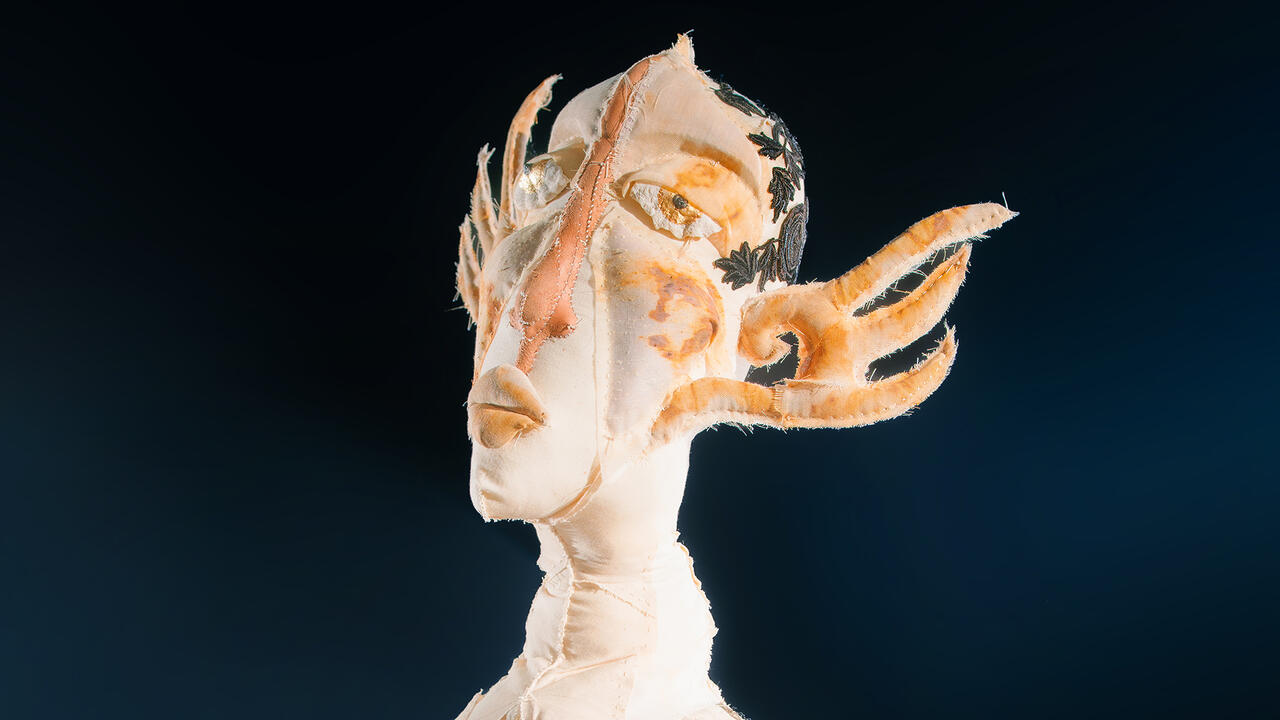How Jessye Norman (1945-2019) Broke Opera’s Rules for Black Women
The singer committed her life to defying a classical music industry that was not only deeply critical of women’s bodies, but also sceptical of black talent
The singer committed her life to defying a classical music industry that was not only deeply critical of women’s bodies, but also sceptical of black talent

For many decades, if not for a century, there was an unspoken script that black women were expected to follow if they hoped to survive a career in opera. It was long and arduous, and it offered no guarantees of success in a music industry that was not only deeply critical of women’s bodies but also sceptical of black talent, if not hostile to it outright. Yet, the tantalizing promise remained for those who wished to endure the script’s narrative: follow the rules and the world of opera could be yours for the taking.
African American soprano Jessye Norman, who died on 30 September 2019 at the age of 74, loathed this script. And she committed her life to breaking virtually every single one of its rules.
The first rule – in effect since the late 19th century for singers such as Florence Cole Talbert, Sissieretta Jones or Marie Selika Williams – was to sing in exotic operas. Georges Bizet’s Carmen (1875), Giacomo Meyerbeer’s L’Africaine (1864) and Giuseppe Verdi’s Aida (1871) were safe bets. Later, in the mid-20th century, black singers could also climb the ladder by tackling George Gershwin’s Porgy and Bess (1935). After doing so, if everything went according to plan, they could finally turn their attention to singing a broader repertoire of Italian and French operas – never German. Verdi or Giacomo Puccini would be best. Yet, in a 1983 interview with The New York Times, Norman practically rolled her eyes at these expectations of genre. Reflecting on her early career at the Deutsche Oper in the late 1960s, she shared: ‘I refused many, many roles. I was offered Tosca, all the Leonoras, Costanza. It was absurd!’
What is perhaps most shocking in the interview is Norman’s admission that, while she knew that she had the voice to perform such roles, she simply did not wish to sing them. ‘[Roles] such as Lady Macbeth, Eboli, Leonora or Emilia are not part of my temperament. To sing roles with which I have no empathy would be wrong.’ Wronged women, scorned women, unloved women, women suffering from unrequited love or unfaithful husbands simply didn’t interest her.
Instead, what this tall and imposing black woman wished to perform defied the logic of opera impresarios and concert-hall managers. She wanted to sing Béla Bartók. Leos Janácek. Henry Purcell. Richard Strauss. Igor Stravinsky. Richard Wagner. Arnold Schoenberg. Schoenberg, for heaven’s sakes. Few opera divas, white or black, made such claims. Yet, she pursued their works with such determination that it rattled. Strauss’s Vier letzte Lieder (Four Last Songs, 1948) have never been the same since she performed them.
Even when opera houses acquiesced to her demands to sing outside the rules, she broke another unspoken one at the beginning of her career by refusing to lighten her skin on stage for the comfort of her audience. The late, great vocal coach Sylvia Olden Lee – the first African American musician to be contractually employed by New York’s Metropolitan Opera – was pleased to discover Norman’s fierce determination to be herself when she debuted as Elisabeth in Wagner’s Tannhäuser (1845) at the Deutsche Oper in 1969. In Wallace Cheatham’s Dialogues on Opera and the African American Experience (1997), Lee recalls saying to Norman: ‘I hope they’re not putting that ugly clown makeup on you.’ To which the singer replied: ‘No, I got that straight. I make myself up.’
Norman’s rule-breaking habits were informed, in part, by her black heritage. One of five children born into a musical, middle-class African American family in the segregated Deep South, she grew up singing in black churches and eventually took her immense talents to Howard University, a historically black institution of higher education, then on to the University of Michigan and the Peabody Institute. Her career took flight after she won the Munich International Music Competition in 1968; from there, she went on to perform in opera houses around the world – La Scala Milan, London’s Royal Opera House, The Met and the Paris Opera among them. Yet, Norman always credited previous generations of black women in opera – like Marian Anderson, Grace Bumbry, Mattiwilda Dobbs and Leontyne Price – for making her own rule-breaking just a little bit easier. A prolific performer of Spirituals, Norman collaborated with African American artists on works that commemorated and celebrated black history and centred black lives. Afrocentric to her core, she loathed criticisms that smacked of classist, anti-black rhetoric and, in the late-1990s, brought a libel suit (which she lost) against the magazine Classic CD for the ‘patronizing mockery of speech attributed to certain black Americans’.
Too tall, too fat, too black, too unapologetic, too sharp, too secretive, too Wagnerian, too contrarian, too contradictory, Norman was a gift to art music and to those listeners who, like me, needed to know that it was perfectly fine to be a black woman who loved Gustav Mahler, and to break the rules that others had put in place for us. ‘She gave me this look,’ dancer Bill T. Jones recalled in a 1999 interview in The New York Times, following a rehearsal for a collaborative performance project on civil-rights history and the anti-apartheid struggle. ‘I think that as African American artists working in very Eurocentric environments, it was her way of saying: “I am in touch with who I am.’” Classical music was made richer not only by her astonishing voice but also by that brilliant, steadfast gaze.
Main image: Jessye Norman In ‘Ariadne Auf Naxos’, Metropolitan Opera, 1993. Courtesy: Getty Images; photograph: Jack Vartoogian









